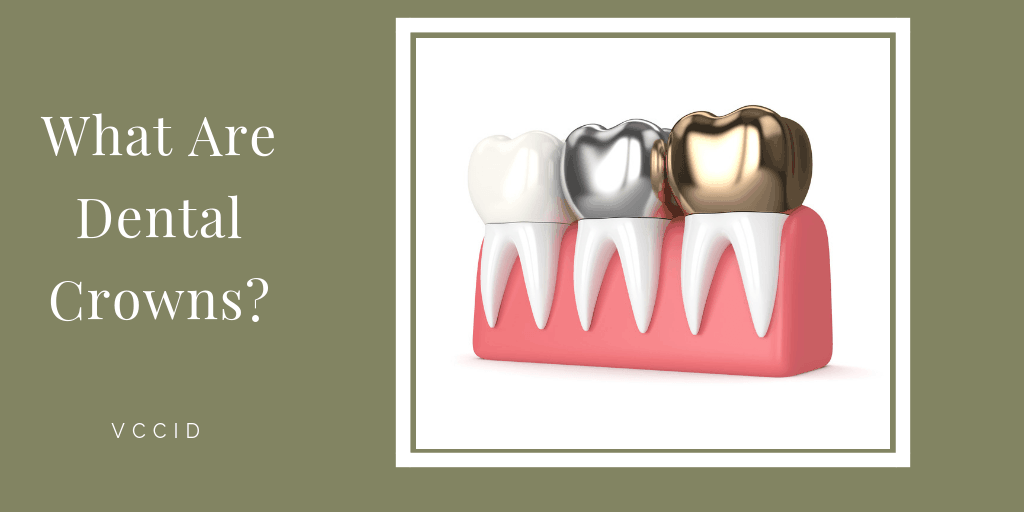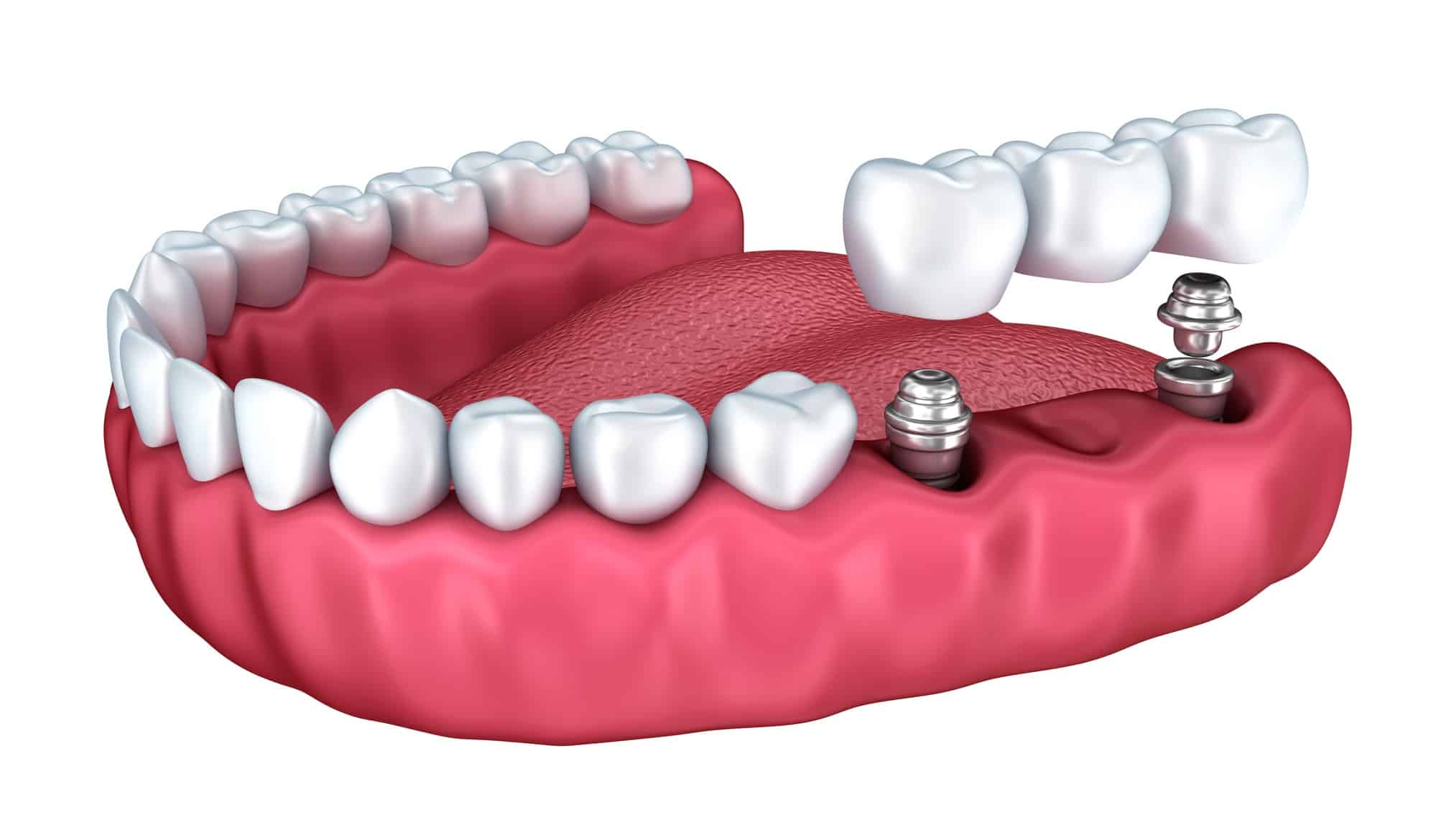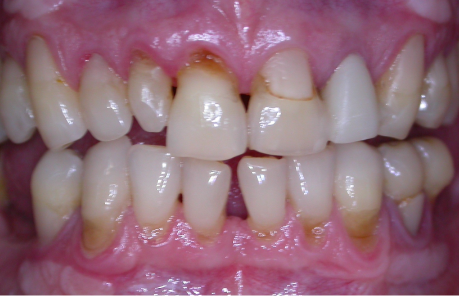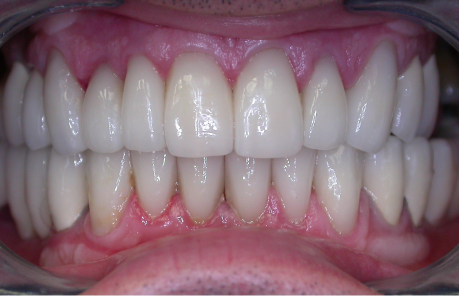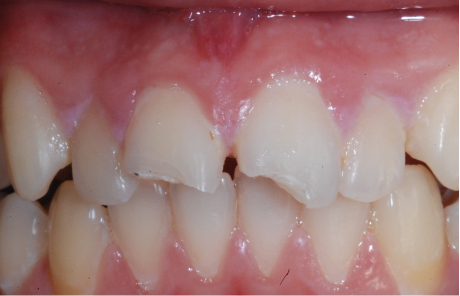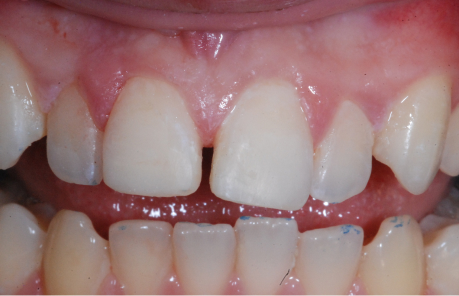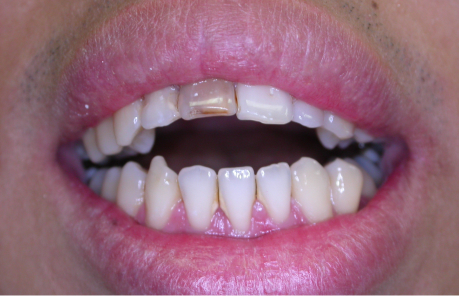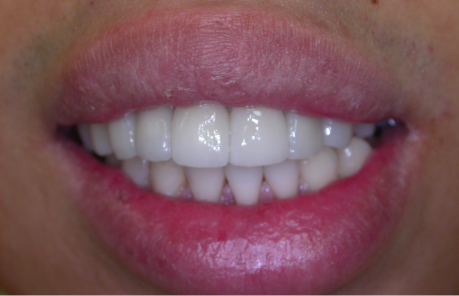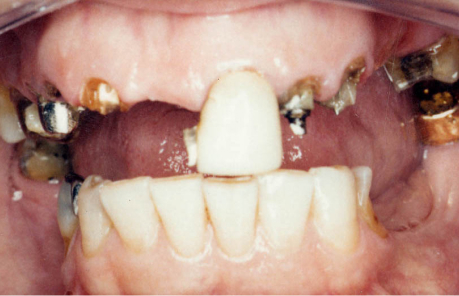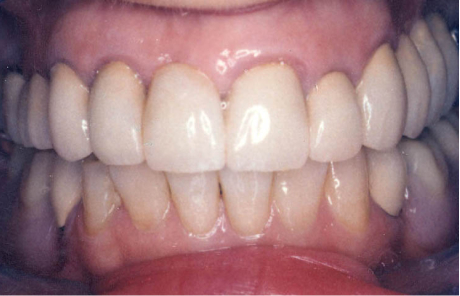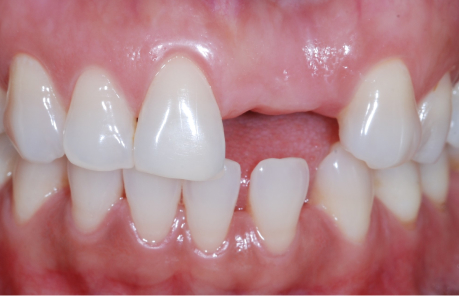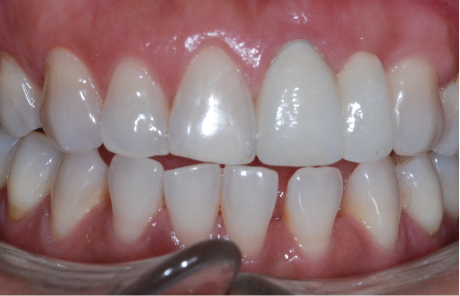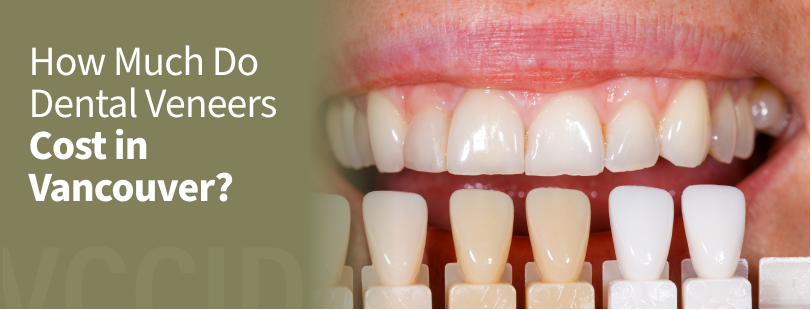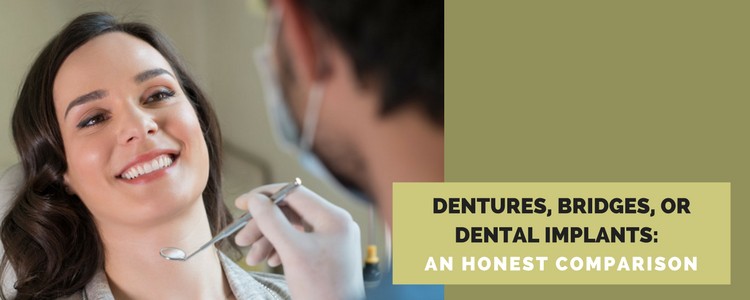When patients come to the office for regular visits or dental emergencies, they sometimes need to restore a failing or at-risk tooth. In these instances, we walk our clients through all the options that can effectively resolve their issue and prevent further problems and tooth loss. If a small area of the tooth is chipped, decayed or fractured, often a small filling will be sufficient to repair the tooth. However, if large areas of the tooth are fractured, worn down, decayed, or previously filled, then a dental crown is often necessary to restore and protect the tooth. At the same time, a dental crown can improve an otherwise unattractive tooth to give it an immaculate appearance. After a new crown is administered, our patients enjoy beautiful, functional teeth that look and feel natural.
What Are Dental Crowns?
A dental crown is often referred to as a “cap”. If you can imagine a thimble that a seamstress or tailor uses to cover and protect their finger, a crown is similar in that it covers and protects a tooth that is heavily worn or structurally weak from decay, fractures or previous large fillings. They are typically made of metal (gold), porcelain(ceramics) or porcelain/gold combinations. They look, feel, function and are equally comfortable as the tooth they are restoring or replacing as they recreate the tooth’s original size and shape.
Dental crowns are a great option for patients who want to restore the functionality of their teeth. A dental crown can protect a tooth that is weak or damaged for a long time, improving a person’s quality of life. The teeth do need to be modified to allow the crown to fit over the tooth and the crowns are then custom-made to fit and match your current teeth. A variation of a crown is a bridge, which is where crowns are placed on adjacent teeth next to the missing tooth and a false tooth (pontic) is attached to the crowns. These are permanent and can fill most missing spaces to restore one’s bite and tooth function. This can be an alternative solution to replace missing teeth without going the route of dentures or dental implants.
Crowns have been a common correction tool for well over a century. Besides the strengthening and restorative properties of crowns, they often have an additional benefit in cosmetic dentistry. Crowns can be used to correct severe stains and aesthetic issues in a way tooth whitening and fillings simply cannot.
Modern dentist offices create crowns using the latest technology and the strongest materials. There are several types of crowns you can select, which may vary in price due to their unique properties.
Types of Dental Crowns
When it’s time to select a dental crown to correct or restore your tooth’s function and looks, you have a few material options –
- Porcelain or Ceramic: These two words describe the same type of materials and they are often used interchangeably. If you have severe metal allergies or concerns regarding metals, this is the material that we’d recommend. In the past, all-porcelain materials were not very strong and tended to fracture, however in the last 15 years stronger and more durable porcelains have been developed that hold up for many years. These were traditionally used for the front teeth only but with newer and stronger materials, they can be used for the back teeth as well.
- Porcelain-Metal Combo: This type of crown typically uses a gold alloy for the base of the crown which is covered with porcelain for esthetics. This style has been available for well over 80 years and probably comprises the majority of currently existing crowns. Compared to today’s all-porcelain materials, these have a potential advantage. If porcelain chips the metal framework remains intact and still seals the tooth allowing the crown to remain in function. Whereas if a similar all-porcelain crown fractures the seal may be compromised and the crown will need to be replaced immediately.
- Composite Resin and Acrylics: This is a more affordable material, but the tradeoff is that these crowns are usually weaker and more likely to break, which can bring you back to the office for a replacement. These are typically done for short term only, either while other crowns are being made or for up to a year or more if needed as an interim method until one is ready to proceed with the final definitive treatment.
- Metal & Metal Alloys: For crowns that don’t need that ”tooth colour”, patients may opt for metals and alloys such as gold alloys or stainless steel(usually for emergencies, children and temporary solutions only). The advantage with these crowns is there is nothing to chip or break and hence they are highly durable and long-lasting.
Dental Crowns in Vancouver, BC
At the Vancouver Centre for Cosmetic & Implant Dentistry, we care about your dental health and want you to have the best care possible. When you have a need, come visit us for a free consultation so we can explain all the treatment options that you have. Whether you need a new crown or have questions about anything else, we can help. We have plenty of treatments available to you that can match your needs and budget. Call us today at (604) 434-0248 to get connected and schedule a consultation!
